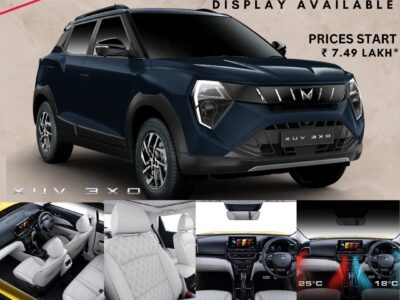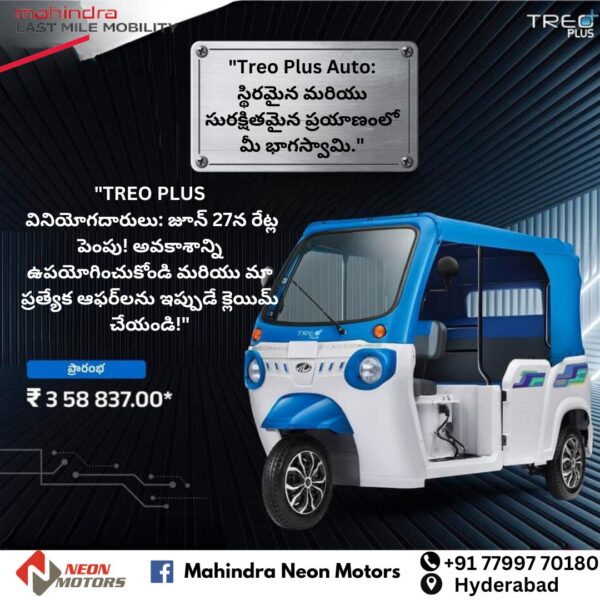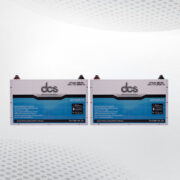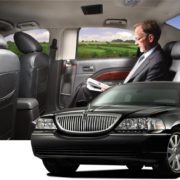
Hybrid cars represent a significant advancement in automotive technology, blending the benefits of gasoline engines with electric motors. As concerns over climate change and air pollution grow, hybrid vehicles have garnered attention for their ability to offer cleaner driving options without sacrificing convenience or range.
This shift towards hybrid cars is evident not only in consumer preferences but also in the strategic initiatives of major automotive manufacturers worldwide.
Environmental Benefits of Hybrid Cars
Reduced Emissions and Cleaner Air
One of the primary reasons hybrid cars are gaining popularity is their reduced environmental impact. By incorporating electric motors alongside traditional gasoline engines, hybrid vehicles produce significantly fewer emissions. This reduction in greenhouse gases and pollutants contributes to cleaner air quality and supports global efforts to combat climate change.
Enhanced Fuel Efficiency
Hybrid cars are renowned for their superior fuel efficiency compared to conventional gasoline vehicles. Through advanced technologies such as regenerative braking and automatic start-stop systems, hybrids optimize fuel consumption by harnessing energy that would otherwise be lost during braking or idling. This efficiency not only lowers fuel costs for drivers but also reduces dependence on fossil fuels.
Technological Advancements Driving Hybrid Adoption
Innovative Hybrid Systems
The core technology behind hybrid cars revolves around integrating electric motors and batteries with gasoline engines. This hybrid system allows vehicles to operate on electric power alone, gasoline power, or a combination of both, depending on driving conditions. This versatility provides drivers with enhanced control over fuel usage and emissions, making hybrids a practical choice for urban commuting and long-distance travel alike.
Integration with Electric Vehicles
Hybrid cars serve as a bridge between traditional gasoline-powered vehicles and fully electric vehicles (EVs). While EVs continue to gain traction, hybrids offer a transitional solution by offering extended range capabilities through their dual-power systems. This integration not only expands consumer choice but also supports the gradual shift towards sustainable transportation solutions.
Cost Savings and Financial Incentives
The economic benefits of owning a hybrid car extend beyond environmental considerations. Thanks to their improved fuel efficiency, hybrid vehicles typically require less frequent refueling, translating into substantial savings over time. This cost-effectiveness is particularly appealing in urban areas where fuel prices may fluctuate, making hybrids a practical investment for budget-conscious consumers.
Tax Incentives and Rebates
Governments and local authorities often incentivize the purchase of hybrid cars through tax credits, rebates, or reduced registration fees. These financial incentives aim to promote cleaner technologies and encourage widespread adoption of hybrid vehicles. By taking advantage of such programs, consumers can offset the initial purchase price of hybrids and enjoy long-term savings on both fuel and maintenance costs.
Popular Hybrid Models and Consumer Satisfaction
Examples of Popular Hybrid Models
Leading automotive manufacturers have embraced hybrid technology, introducing a diverse range of hybrid models tailored to meet varying consumer preferences. From compact sedans to spacious SUVs, popular hybrid vehicles like the Toyota Prius, Honda Insight, and Ford Escape Hybrid offer drivers a blend of efficiency, performance, and reliability. These models have earned praise for their innovative design, comfortable interiors, and responsive driving dynamics.
Consumer Reviews and Market Reception
Feedback from consumers and industry experts alike underscores the growing acceptance and satisfaction with hybrid cars. Positive reviews highlight attributes such as smooth acceleration, quiet operation, and intuitive technology features. As more drivers experience the benefits of hybrid technology firsthand, word-of-mouth endorsements and favorable ratings continue to bolster the reputation and appeal of hybrid vehicles in the marketplace.
Challenges and Considerations
While hybrid cars offer long-term savings through reduced fuel consumption and lower emissions, their initial purchase price may be higher compared to conventional gasoline vehicles. This upfront cost can be a barrier for some consumers, necessitating a careful evaluation of long-term benefits and financial considerations before making a purchase decision.
Battery Life and Maintenance
Another consideration for hybrid car owners is the maintenance and lifespan of the vehicle’s battery pack. While advancements in battery technology have improved durability and reliability, replacements or repairs can incur additional costs over time. Proper maintenance and adherence to manufacturer recommendations are crucial for maximizing battery life and ensuring optimal performance throughout the vehicle’s lifespan.
Future Trends in Hybrid Technology
The future of hybrid cars continues to evolve with ongoing advancements in battery technology. Innovations such as solid-state batteries and enhanced energy storage capacities promise to further improve the efficiency and range of hybrid vehicles. These developments aim to address current limitations and expand the appeal of hybrid cars as viable alternatives to traditional gasoline-powered vehicles.
Market Projections and Consumer Preferences
Looking ahead, industry analysts project continued growth in the hybrid car segment as consumers prioritize sustainability and fuel efficiency in their purchasing decisions. As hybrid technology matures and becomes more accessible, market penetration is expected to increase, driven by regulatory incentives, evolving consumer preferences, and advancements in automotive engineering.
Conclusion
In conclusion, hybrid cars are gaining popularity for their compelling blend of environmental benefits, technological advancements, and cost savings. As consumers and automotive manufacturers alike embrace cleaner and more sustainable transportation solutions, hybrids stand out as a practical choice for reducing emissions and conserving fuel resources.
Also Read: Transportation Company in New York











